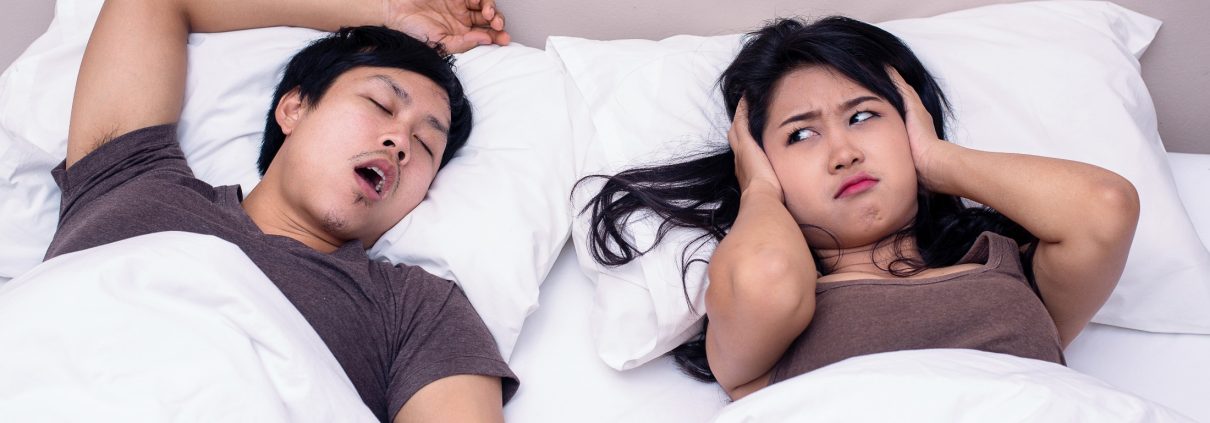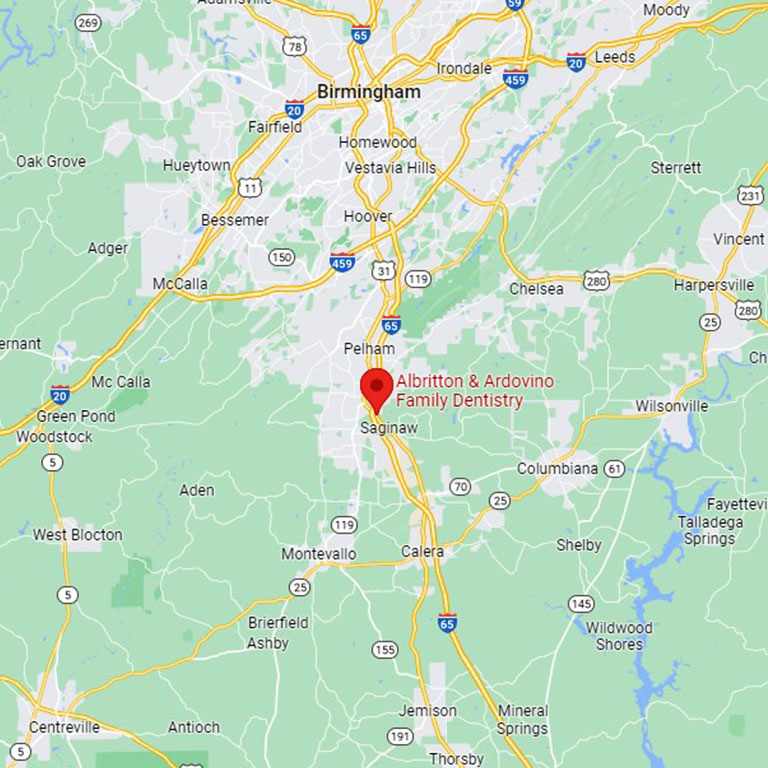Does Snoring Always Mean Sleep Apnea?
If you’re concerned about sleep apnea, you may be worried if you notice that you or your partner snores. Snoring is one indicator of sleep apnea, but it isn’t the only symptom, as your dentist in Alabaster, AL, can explain. It’s possible for a person to snore while sleeping without sleep apnea being present. While snoring may disrupt sleep, it’s not always something to worry about.
What Causes Snoring?
Snoring results from the vibration of muscles in the back of the throat. During sleep, this muscle tissue relaxes. As air passes through from respiration, the tissue may vibrate. A person may snore occasionally from being congested, consuming too much alcohol, or even falling asleep in certain awkward positions.
How Sleep Apnea Differs From Occasional Snoring
The word “apnea” means “breathless.” Sleep apnea refers to interrupted breathing during sleep, where a person stops breathing for seconds at a time. The duration of the absence of breathing varies among individuals, but it should never be ignored.
Unlike occasional snoring, chronic sleep apnea may prevent needed oxygen from entering the body and brain, resulting in a problematic and potentially dangerous situation. A common sign of sleep apnea is when a person startles awake, usually with the sensation of choking or feeling that they can’t get a breath.
In summary, snoring may be occasional due to certain temporary conditions. Sleep apnea, on the other hand, is the result of a consistent, problematic situation. A blocked airway may cause it due to obesity or muscle tissue.
Sleep apnea should not be ignored and needs to be treated. If you do need sleep apnea treatment in Alabaster, AL, you can get it at Albritton & Ardovino Family Dentistry. Contact us today to book an exam to learn more.






Leave a Reply
Want to join the discussion?Feel free to contribute!